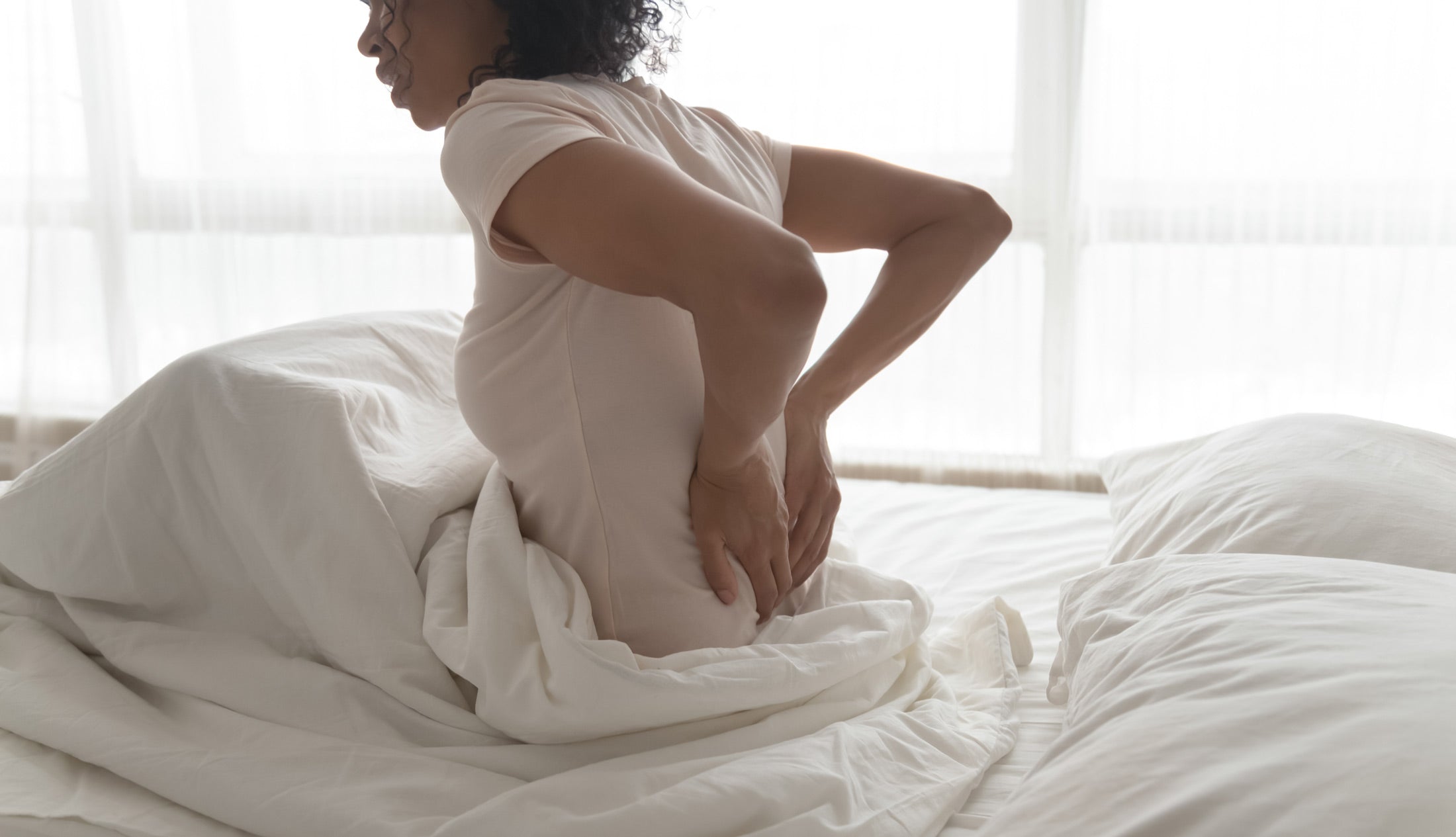Did you know there are impacts on sleeping positions which align with back pain?
Sleep is an essential component of overall well-being, allowing the body to rest, repair, and rejuvenate. However, the quality of sleep can be significantly affected by various factors, including the position in which we sleep. Back pain is a common ailment that can disrupt sleep and affect daily activities. This article explores the relationship between sleeping positions and back pain, drawing insights from scientific studies to guide individuals toward making informed choices for a restful night's sleep.
The Connection Between Sleep and Back Pain
Back pain can arise from a variety of sources, including poor posture, muscle strain, spinal misalignment, and underlying medical conditions. Sleep quality and position play a crucial role in either alleviating or exacerbating back pain. During sleep, the spine should ideally be aligned in a neutral position, allowing muscles and ligaments to relax and recover. Improper sleeping positions can place undue stress on the spine, leading to discomfort and pain.
The Best Sleeping Positions for Back Health
- Supine (Back) Position:
Sleeping on your back is generally considered one of the best positions for spinal alignment. Placing a pillow under your knees can help maintain the natural curvature of the spine, reducing stress on the lower back. This position evenly distributes body weight and minimizes pressure points, promoting better blood circulation.
- Side Sleeping:
Sleeping on your side, particularly the fetal position (knees drawn toward the chest), can also be beneficial for back pain sufferers. Placing a pillow between your knees helps align the hips and pelvis, preventing spinal rotation and maintaining a neutral spine position.
- Prone (Stomach) Sleeping:
While sleeping on your stomach may be comfortable for some, it is generally not recommended for individuals with back pain. This position can strain the neck and lower back, as it often leads to hyperextension of the spine. If prone sleeping is preferred, using a flatter pillow or no pillow at all may help reduce strain on the neck.
Sleeping Surfaces and Accessories
In addition to sleeping positions, the choice of mattress and pillows can impact back health. A medium-firm mattress is often recommended, as it provides adequate support for the spine while allowing some degree of cushioning for comfort. Pillows that adequately support the head, neck, and shoulders can contribute to proper spinal alignment.
Scientific Insights and Studies
Numerous studies have explored the relationship between sleeping positions and back pain. A study published in the "Journal of Manipulative and Physiological Therapeutics" found that both supine and side sleeping positions were associated with reduced pain intensity and disability in individuals with chronic low back pain. Another study in the "European Spine Journal" reported that side sleeping with a pillow between the knees reduced spinal asymmetry and improved sleep quality.
Expert Advice
Consulting with healthcare professionals is crucial for individuals experiencing chronic or severe back pain. Orthopedic specialists, physical therapists, and chiropractors can provide personalized recommendations based on an individual's specific condition and needs.
Overall, the quest for a good night's sleep, the importance of choosing the right sleeping position cannot be overstated. Scientific research highlights the potential impact of sleep positions on back pain, emphasizing the benefits of supine and side sleeping while cautioning against prone sleeping. Alongside proper sleeping positions, selecting suitable mattresses and pillows further contribute to spinal alignment and overall sleep quality. By understanding the connection between sleeping positions and back pain and seeking expert advice when needed, individuals can pave the way for restorative sleep and improved well-being.














